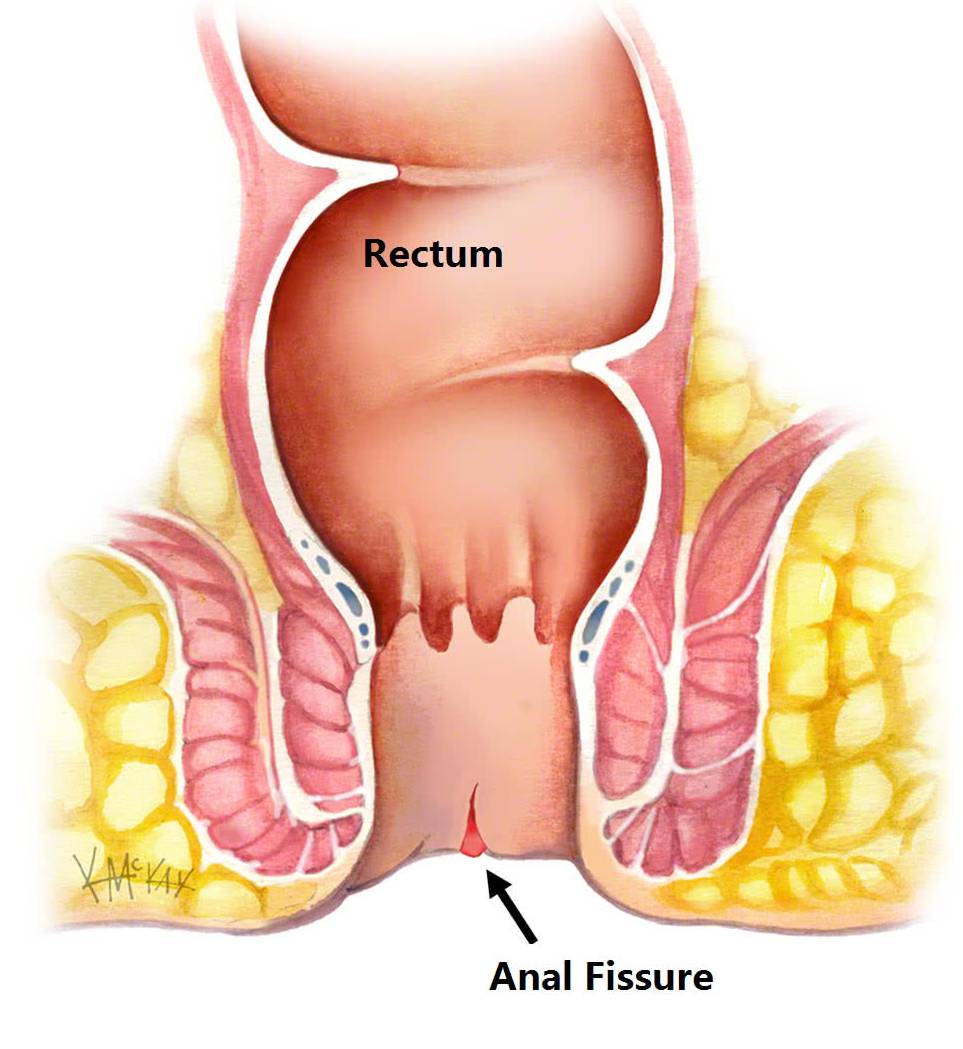
Anal Fissure
At Deerghayu, diagnosing anal Fissures typically involves a physical examination and possibly diagnostic tests. Here are the steps we take to diagnose anal fissures:
- Physical Examination: Our specialist will perform a visual and manual examination of the anus and rectum to look for signs of an anal fissure, such as a tear in the skin or muscle spasms.
- In some cases, additional Diagnostic tests may be needed to confirm the diagnosis of an anal fissure. These tests may include Anoscopy, Barium Enema, Proctoscopy & Sigmoidoscopy.
Importance of seeking medical attention for proper diagnosis and treatment for Fissure:
- Accurate diagnosis: Anal fissures can sometimes be mistaken for other conditions, such as hemorrhoids. A doctor can accurately diagnose a fissure and rule out other conditions.
- Avoid complications: If left untreated, an anal fissure can lead to chronic pain and discomfort, and can also make it difficult to have a bowel movement. In some cases, an anal fissure can also lead to fecal incontinence. Seeking prompt medical attention can help avoid these complications.
- Proper treatment: A doctor can recommend the most appropriate treatment for your individual case, based on the severity of your fissure and any underlying health conditions.
- Relieve symptoms: A doctor can recommend treatments that can help relieve pain, itching, and bleeding associated with an anal fissure.
Seeking medical attention is crucial for proper diagnosis and effective treatment of an anal fissure at the right time.